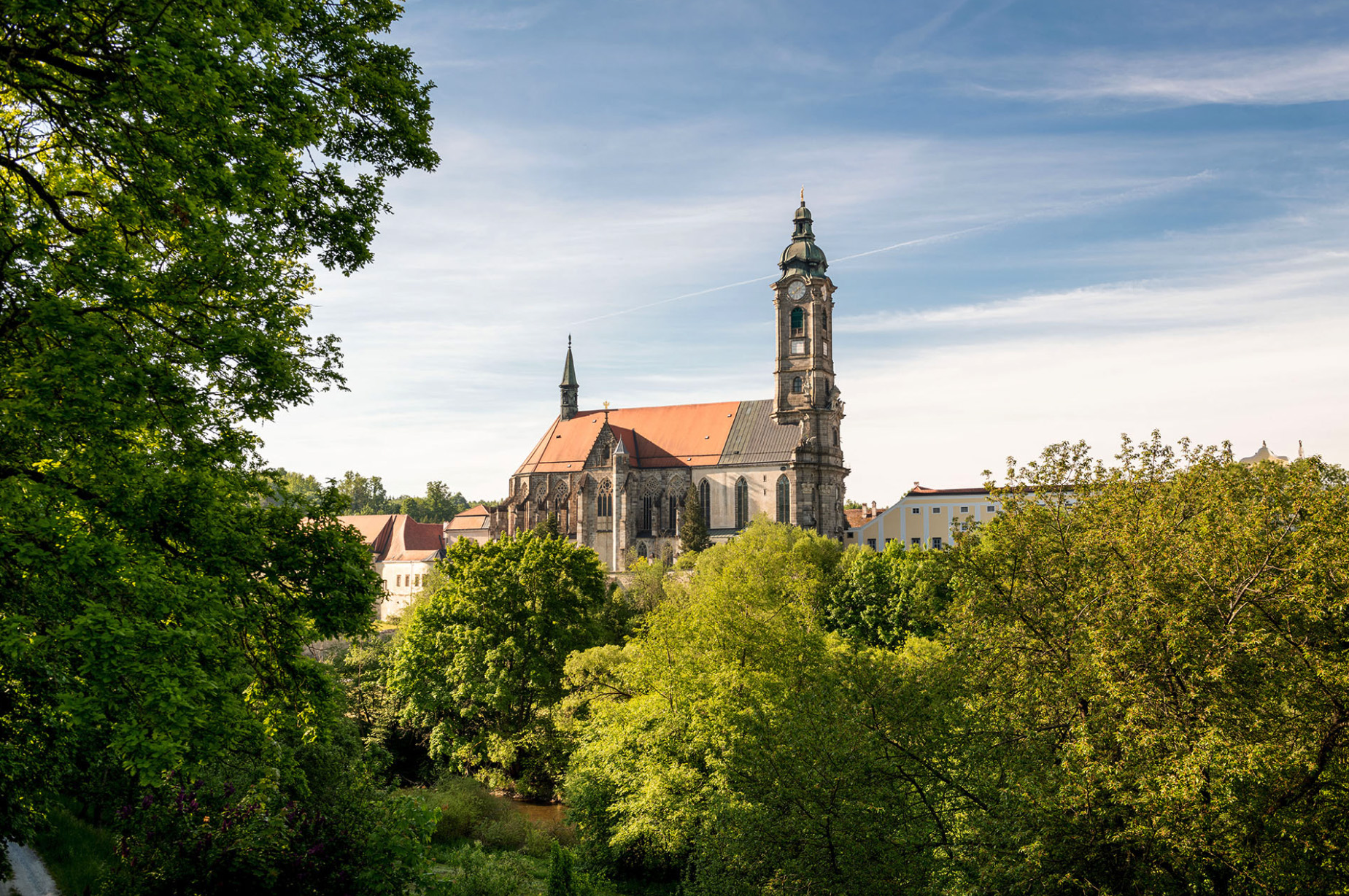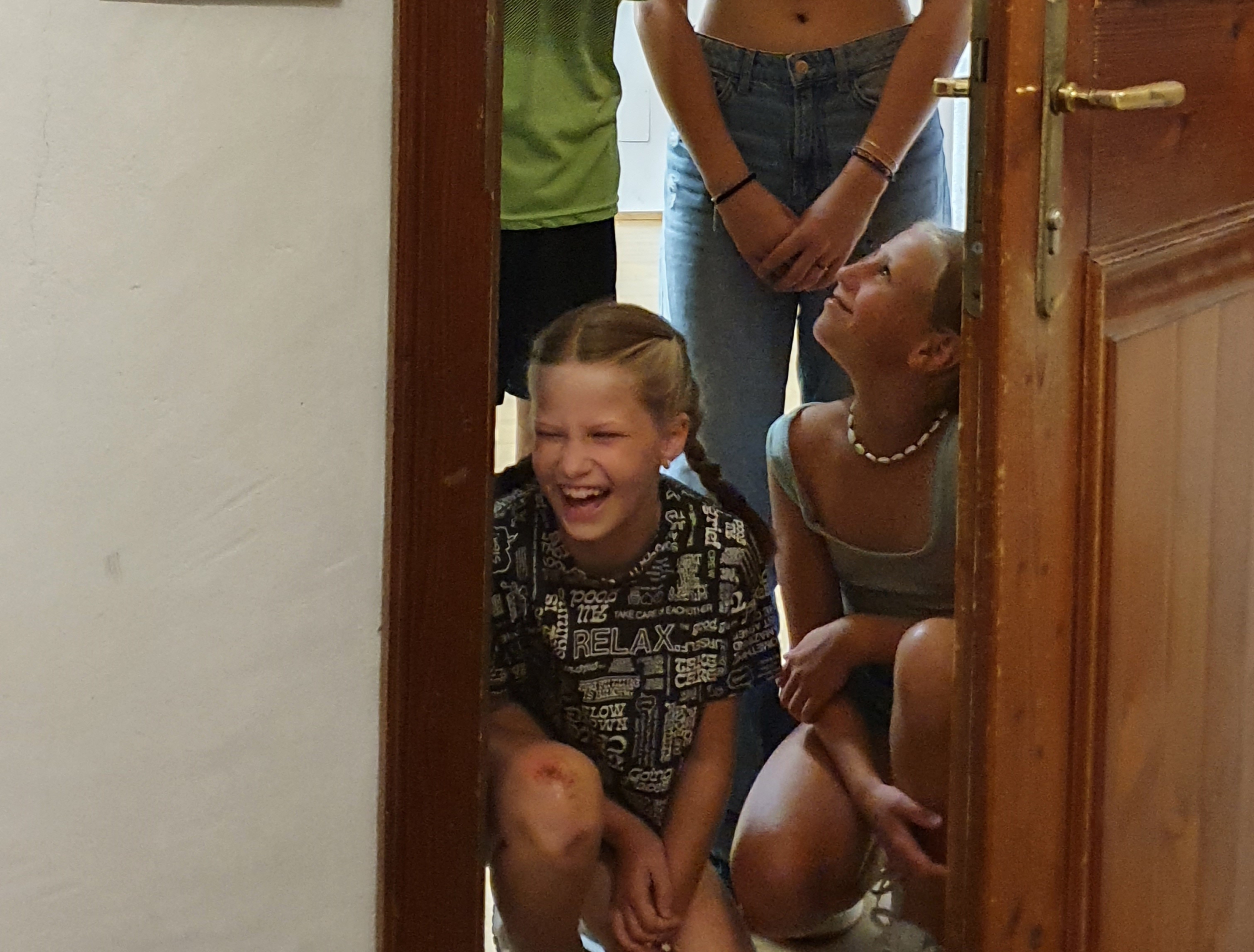partner

SAVE the DATE International final conference of the EU “Creative Europe” project “CulHerCis22”: Culinary heritage of the Cistercians
SAVE the DATE: September 26 - 28, 2025 International final conference of the EU “Creative Europe” project “CulHerCis22”: Culinary heritage of the Cistercians Paris - London - University of Salzburg History UNIPARK NONNTAL ERZABT-KLOTZ-STRASSE 1 5020 Salzburg, Austria Registration: beate.roedhammer@plus.ac.at Conference program Friday, 26.09.2025 1.30 p.m.: Registration 14.00: Greetings: 14.30: Opening lecture: Winfried Schenk, Agricultural production and cultural landscape in the solar age under feudal conditions 15.30 hrs: Coffee break 16.00 PANEL 1: APPROACHES TO THE CISTERCISTS Alexandra Baier, Cisterscapes: Monastic landscapes as European cultural heritage. Milestones and perspectives of transnational cooperation. Iva Adámková, Recipes and Rhetoric: Bernard of Clairvaux and Contemporary Monastic Issues. Andreas Gamerith, Zwettler Tafelfreuden. Staging Cistercian table culture using the example of Zwettl Abbey. 17.30: Evening lecture: Gerhard Ammerer, Speis und Trank im urbanen Raum. The culinary history of Salzburg in the early modern period 19.00: Dinner Culinary Heritage of the Cistercians Venue: University of Salzburg, Unipark Nonntal, Erzabt-Klotz-Straße 1,5020 Salzburg HS Agnes Muthspiel (UNIPEG0.003) Saturday, 27.09.2025 9.00 am: PANEL 2: CULINARY HERITAGE OF THE CISTERCIANS Michael Brauer/Verena Deisl, The culinary heritage of the Cistercians between asceticism and accommodation Fr. Aloysius M. Zierl OCist, A cookbook from the Heiligenkreuz Abbey kitchen from 1925 Gerald Hirtner, Bread as the foundation of a Benedictine community 10.30 a.m.: Coffee break 11.00 a.m. PANEL 3: CULTURAL HERITAGE AND COMMUNICATION Michael Brauer/Verena Deisl, Cistercian cuisine in the context of events Martina Schutová, The Cistercian Culinary Heritage as a Theme for Educational Programs Dirk Gotzmann, Approaches to culinary landscapes 12.30 p.m.: Lunch break 1.30 pm: Keynote: Stefan Issig, book presentation on the culinary culture of the Cistercians 14.30 WORKSHOPS WS 1: Matthias Gebauer, Nutrition in the museum WS 2: Inge Gotzmann/Dirk Gotzmann, Intangible cultural heritage of monasteries: passing on knowledge and skills WS 3: Tomas Pleva, 3D Visualization (max. 14 participants; English) WS 4: Marlene Ernst/Katharina Zeppezauer-Wachauer: Dealing with historical recipes (terms, ingredients, modern interpretation) 15.30 hrs: Coffee break 16.00 hrs: Continuation of the workshops 17.00: Presentation of the results from the workshops; final discussion Followed by dinner (self-paying) Sunday, 28.09.20259.00 Excursions (Spiritual Salzburg/Culinary Salzburg) Registration for the conference and further information: Beate Rödhammer, beate.roedhammer@plus.ac.at, Tel. 0662-8044 4777

SAVE THE DATE: September 26-28 International Final Conference of The EU “Creative Europe” Project CulHerCis22
Culinary Heritage of the Cistercians Program for the conference Friday, 26.09.2025 13.30 Registration 14.00 Greetings 14.30 Opening lecture: Winfried Schenk, Agricultural production and cultural landscape in the solar age under feudal conditions 15.30 Coffee break 16.00 PANEL 1: APPROACHES TO THE CISTERCIANS Alexandra Baier, Cisterscapes: Monastic landscapes as European cultural heritage. Milestones and perspectives of transnational cooperation Iva Adámková, Recipes and rhetoric: Bernard of Clairvaux and current monastic issues Andreas Gamerith, Table delights of Zwettl. Staging Cistercian table culture using the example of Zwettl Abbey 17.30 Evening lecture: Gerhard Ammerer, Food and drink in urban spaces. Culinary history of Salzburg in the early modern period 19.00 Dinner together Saturday, 27.09.2025 9.00 PANEL 2: CULINARY HERITAGE OF THE CISTERCIANS Michael Brauer/Verena Deisl, The culinary heritage of the Cistercians between asceticism and accommodation Fr. Aloysius M. Zierl OCist, The culinary heritage of the Cistercians between asceticism and accommodation Gerald Hirtner, Bread as a foundation of a Benedictine community 10.30 Coffee break 11.00 PANEL 3: CULTURAL HERITAGE AND MEDIATION Michael Brauer/Verena Deisl, Cistercian cuisine in the context of events Martina Schutová, The culinary heritage of the Cistercians as a topic for educational programs Dirk Gotzmann, Approaches to culinary landscapes 12.30 Lunch break 13.30 Keynote: Stefan Issig, Book presentation on the culinary culture of the Cistercians 14.30 WORKSHOPS WS 1: Matthias Gebauer, Nutrition in the museum WS 2: Inge Gotzmann/Dirk Gotzmann, Intangible cultural heritage of the monasteries: Passing on knowledge and skills WS 3: Tomas Pleva, 3D visualization (max. 14 participants; English) WS 4: Marlene Ernst/Katharina Zeppezauer-Wachauer: Dealing with historicalrecipes (terms, ingredients, modern interpretation) 15.30 Coffee break 16.00 Continuation of the workshops 17.00 Presentation of the results from the workshops; final discussion Followed by dinner(self-payers) Sunday, 28.09.20259.00 Excursions (Spiritual Salzburg/Culinary Salzburg) Culinary Heritage of the Cistercians Venue: University of Salzburg, Unipark Nonntal, Erzabt-Klotz-Straße 1, 5020 Salzburg HS Agnes Muthspiel (UNIPEG0.003) Registration for the conference and further information: Beate Rödhammer, beate.roedhammer@plus.ac.at, Tel. 0662-8044 4777

Start of the season
Zwettl Monastery Zwettl Abbey 1, ZwettlZwettl Abbey starts the new tourist season on Palm Sunday. From now on, guided tours of the monastery will once again take place daily. On tour three, which leads into the baroque library with its magnificent frescoes by Paul Troger, visitors can also see the special exhibition "Cisterscapes - we are European cultural heritage".

Exhibition “Cultural landscape as European heritage”
Old town hall Zwettl Sparkassenplatz 3, ZwettlWhat is a Cistercian monastery landscape? An exhibition in the old town hall of Zwettl explores this question. In fall 2024, this presentation will be freely accessible to all interested parties. The exhibition is accompanied by materials for different age groups, which can be used to playfully explore the elements of a monastery landscape. Curious?


